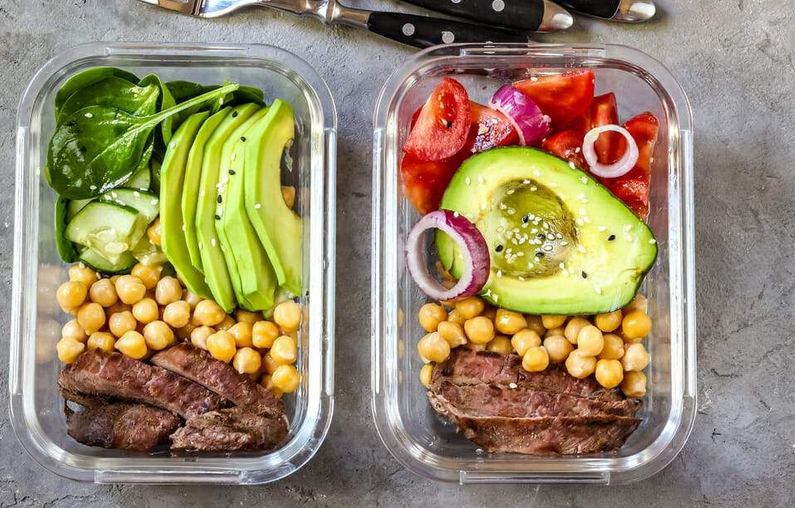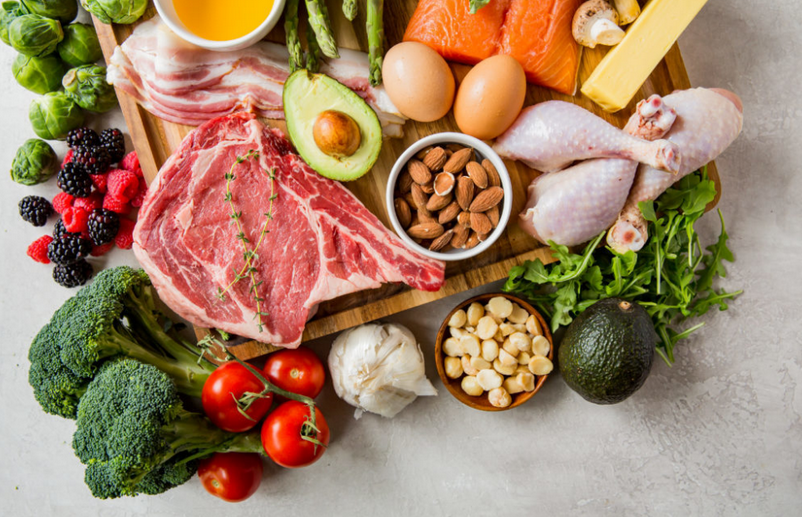You’ve decided to start a Keto diet. There are several things you’ll need to know in order to be successful, including how to follow the diet. In addition to the low-carb, high-fat rules, you’ll also want to be sure you’re getting enough protein and vegetables to support the low- carb lifestyle.
Being on a keto diet for beginners is not going to be easy. There are some initial side effects that you are going to face which might seem unpleasant and uneasy. However, it is normal and if you can keep your patience and perseverance, you will be fine in few days.

Low carb intake
As a beginner, it is important to track your macronutrients on a daily basis. A good tool to use is MyFitnessPal, which lets you track all your food and other macronutrients. It also helps you track the macros you eat in a day. It is important to track your meals and snacks, especially during the first week, because you may accidentally eat carbohydrates and end up feeling awful.
High fat
If you’re new to the keto diet, there are some things you should know before starting this diet. This way you can avoid feeling hungry or cranky. Plus, you’ll have stable energy levels, making you more likely to stay on track and feel better. A chronically high sugar level in the bloodstream causes the body to protect itself by blocking the release of sugar from cells. A high-fat keto diet will force your body to burn stored fat instead of carbohydrates.
Enough protein
When it comes to consuming enough protein on a keto diet, the guidelines for the ideal intake vary depending on the person’s weight and lean body mass. A beginner needs roughly 0.5 g of protein per kilogram of body weight, while an advanced keto dieter should consume 1.0 to 2.0 g per kilogram of body weight. A good starting point is to eat protein with most meals.

Vegetables
Low -carb vegetables should be consumed in moderation and in abundance. The goal of a keto diet is to keep carbohydrate intake to less than 5% of your total calorie intake. Ideally, you should aim for three to five servings of vegetables per day. Broccoli, for example, is high in vitamin C and K and only has four grams of carbs per cup. This vegetable is particularly helpful for people on the keto diet because it can help reduce insulin resistance, which is a common problem in type 2 diabetics. It may also help protect against cancer.
Healthy fats
While it’s true that saturated fat is a problem, it is important to remember that it is not harmful to your health in moderation. In fact, it is found in a lot of healthy foods, and can be a part of a well -balanced keto diet. Red meat, for example, is a great source of saturated fat, as it has the perfect balance of saturated and monounsaturated fat. It’s also a good source of monounsaturated fat, and olive oil is another one.
Keto Flu symptoms
One of the first things to do if you’re experiencing Keto Flu symptoms is to make sure you’re getting enough water. You should aim for at least 91 ounces of water per day for women and 125 ounces for men. Although you can get enough water from food, you should drink at least this much to prevent dehydration.
Sticking to a keto diet
The ketogenic diet is very low in carbohydrates and helps your body switch from using glucose for energy to burning fat. This diet is very healthy for beginners, but there are certain things you should know before starting this diet. For example, if you have high blood pressure, it may be best to delay starting the diet until after you have lowered your blood pressure levels and haven’t been diagnosed with hypertension. This is because high blood sugar levels can interfere with the ketosis process.
If you are just a beginner dealing with the keto diet, these keto diet tips for beginners will be helpful for you. This diet has been around for a long time and that validates its effectiveness. As you slowly adapt to this new lifestyle, you will be surprised to find out how much your body adapts. Don’t think that it will hurt you or harm you in any way. You may notice some unpleasant discomforts at first such as frequent urination and bad breath, but all those things go away after some time.
